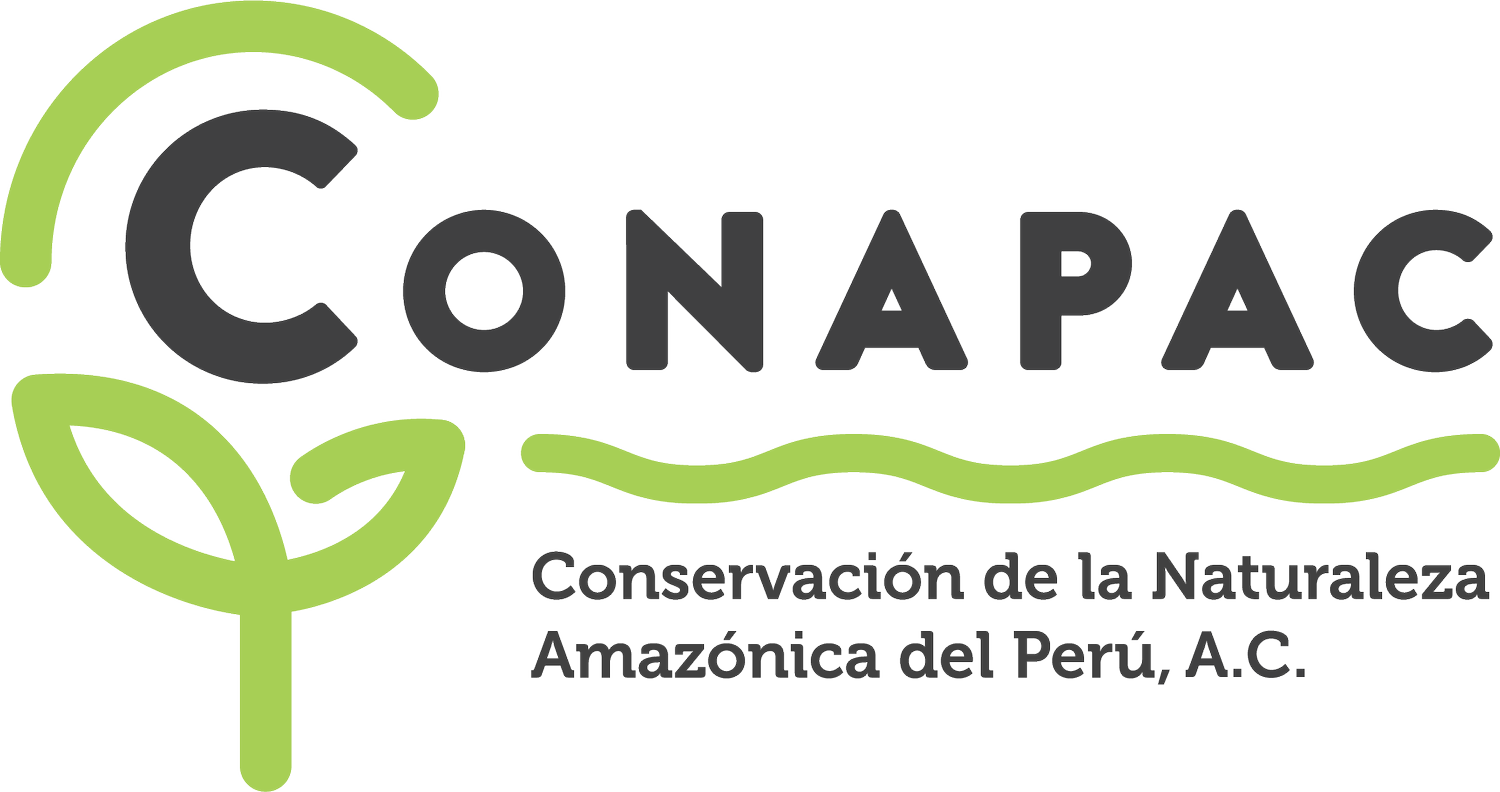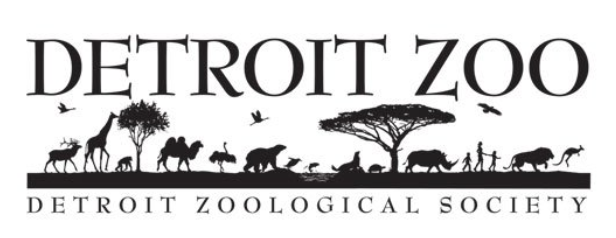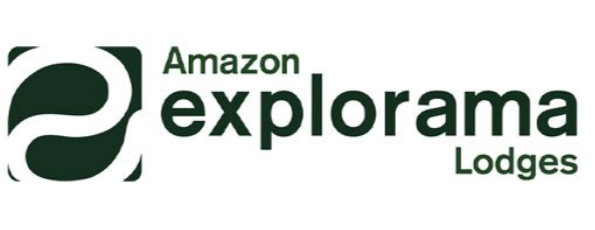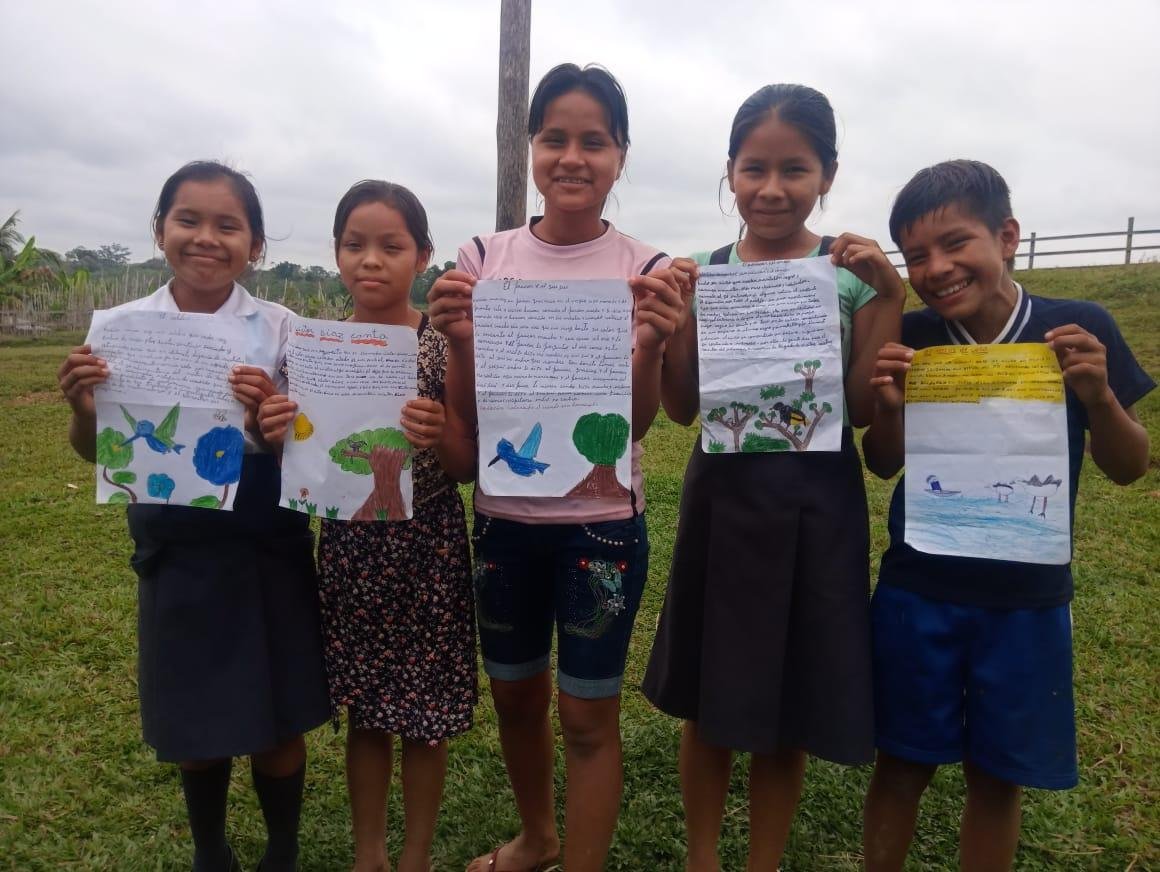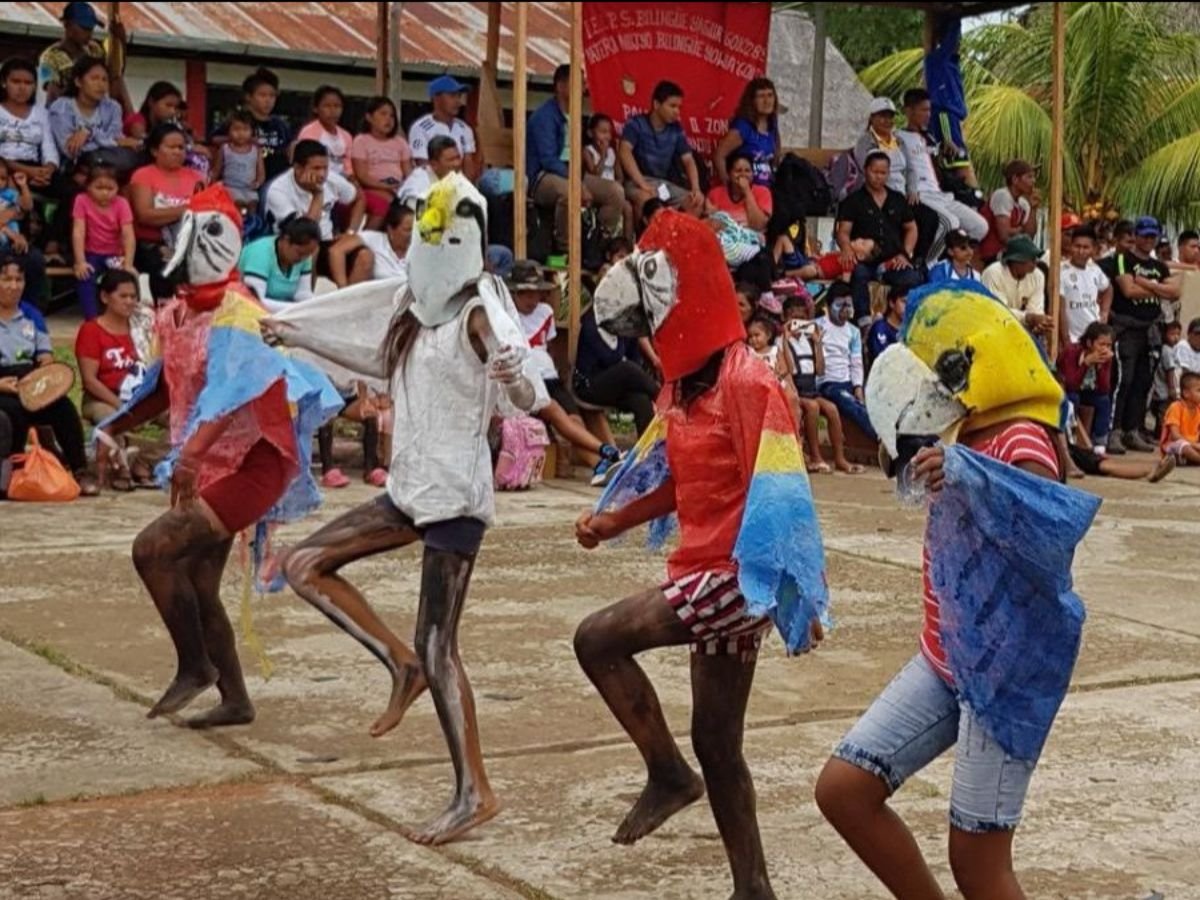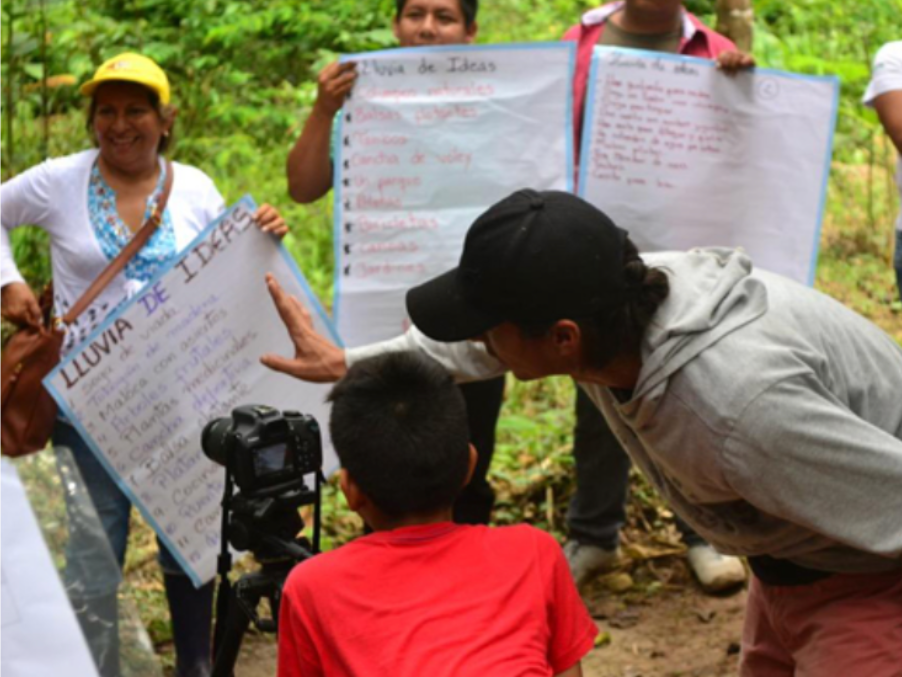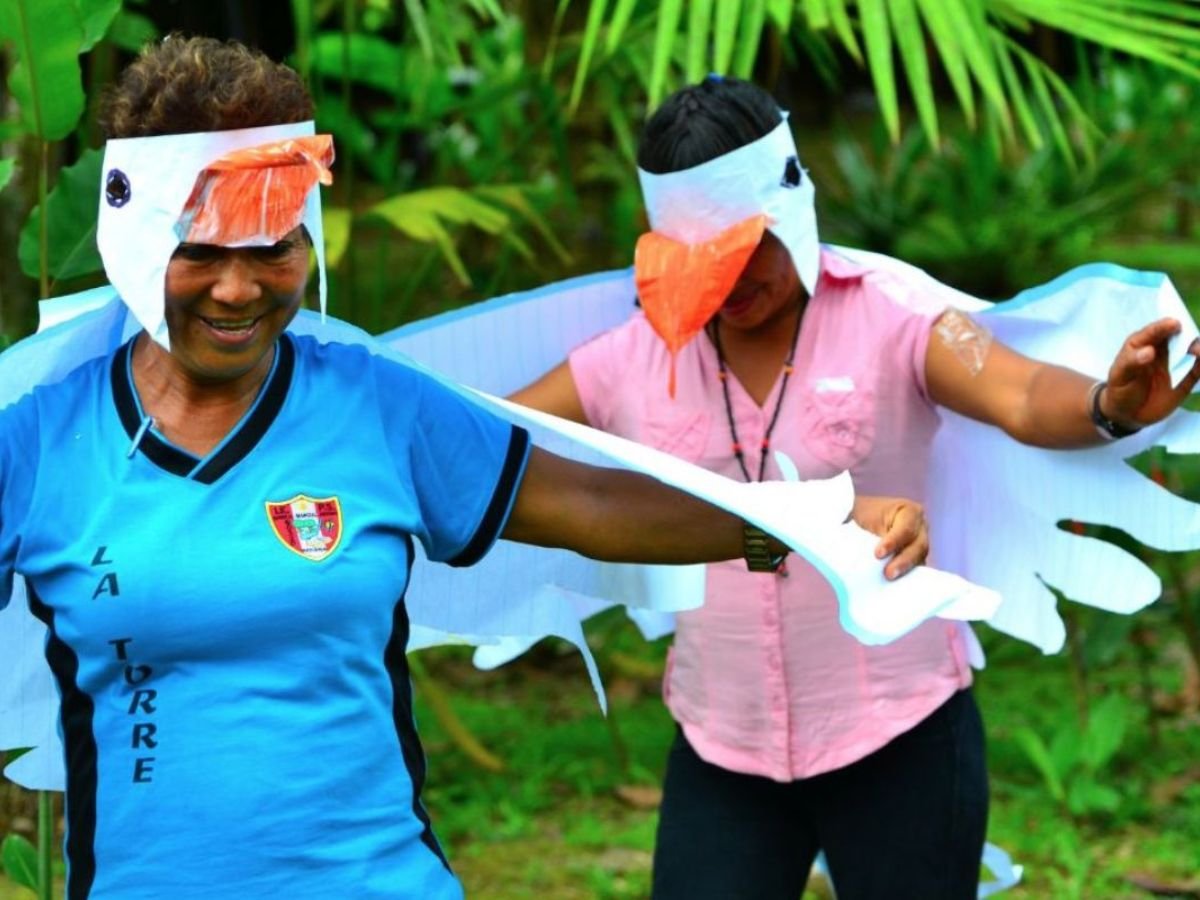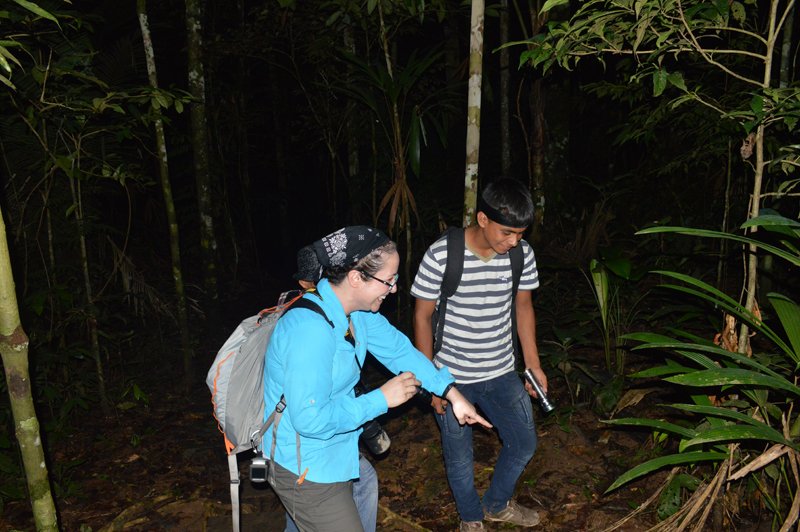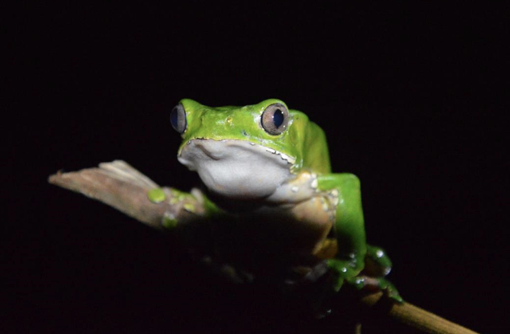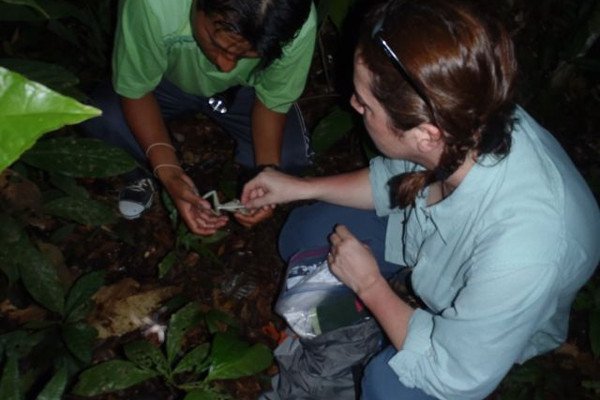A Perfect Partnership: 1999-2024 and Beyond
In this February 2024 issue Claire Lannoye-Hall, Director of Education at the Detroit Zoological Society, describes the origins of our partnership and ongoing work.
We are often asked how or why the partnership started–perhaps the most impressive part is how we have continued to grow and adapt over the years to ensure we are meeting the demands of an ever-changing global society.
In the 1990s, Detroit Zoo staff visited the Amazon rainforest on multiple occasions to survey small primates, reptiles, and butterfly populations. This information contributed to the general knowledge of the rich rainforest ecosystem and provided staff with a deeper understanding of the animals’ natural habitats and behavior. The staff stayed at Amazon Explorama Lodges for their work and formed a relationship with Explorama’s owners. Meanwhile, Explorama had started a non-profit, CONAPAC, in the early 1990s and was looking for a reputable, U.S.-based organization to provide name recognition and trust, as well as the ever-important tax recognition for donations. The Zoo and CONAPAC officially partnered in 1999 and have remained steady collaborators since.
Conservation work is a cornerstone of most current-day zoos and aquariums, though not all have the capacity to support international conservation work. The partnership in Peru has allowed the Detroit Zoological Society (DZS) to support a dynamic and rewarding range of programming in the communities that are directly involved in the longevity of the rainforest ecosystem. Ensuring families have access to the supplies their children need for a basic education not only defers the need to sell natural resources, such as trees, in order to pay for supplies, but it also helps children attend and succeed in the classroom as they become the next generation of rainforest advocates. Annual teacher workshops emphasize the importance of the rainforest ecosystem and model ways of teaching the content in engaging ways, reinforcing the importance of everyday actions that impact the region.
Students and teachers engaged in environmental education activities
To support all of these programs, the DZS collects donations from a global donor base of committed and generous individuals who care deeply about the rainforest and the people who live there. All of the money is transferred down in its entirety, so every penny can go to the intended cause. The DZS also coordinates the participants for the annual school supply deliveries and community engagement trips at the start of school in Peru in March.
Adopt-A-School volunteer group 2010
Over the years, the DZS has been involved in other animal species monitoring projects, specifically around amphibians. Amphibians are bioindicator species, meaning they are susceptible to changes in the environment and are often the first species to show signs of decline if their habitats are contaminated or disturbed. The surveying led to the creation of the Amphibians Protector Club, in which high school students in the community of Llachapa drew and photographed the frogs, toads, and salamanders they came across and shared their findings with the DZS staff. This program led to a deep appreciation of amphibians by the students and increased our awareness of what species are in the region and how their environment is changing.
Amphibians Protector Club activities at the CONAPAC Partner Community of Llachapa initiated by past Detroit Zoo Curator of Amphibians, Marcy Sieggreen
The DZS remains committed to and grateful for the opportunity to partner with CONAPAC and Amazon Explorama Lodges to continue this incredibly important work in one of the most biodiverse, and arguably, most important regions in the world.
Longtime volunteer and donor, Mary Knauer, with teachers at the CONAPAC Partner Community of Auca Cocha
Want to donate?
We have several long-time donors and partner organizations who work tirelessly for CONAPAC; with you, we can do so much for our communities.
Our work is only possible with the many other donations, big and small, that we receive throughout the year.
